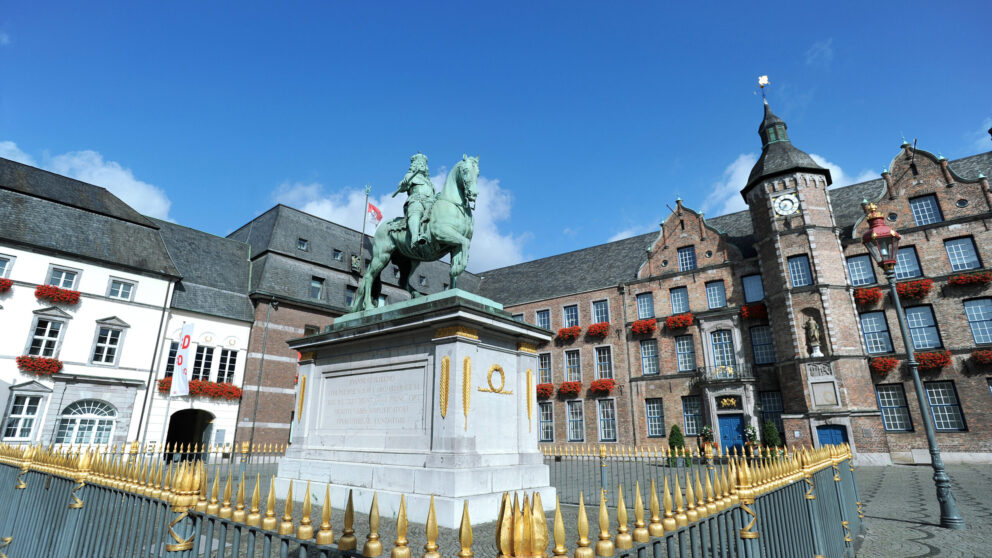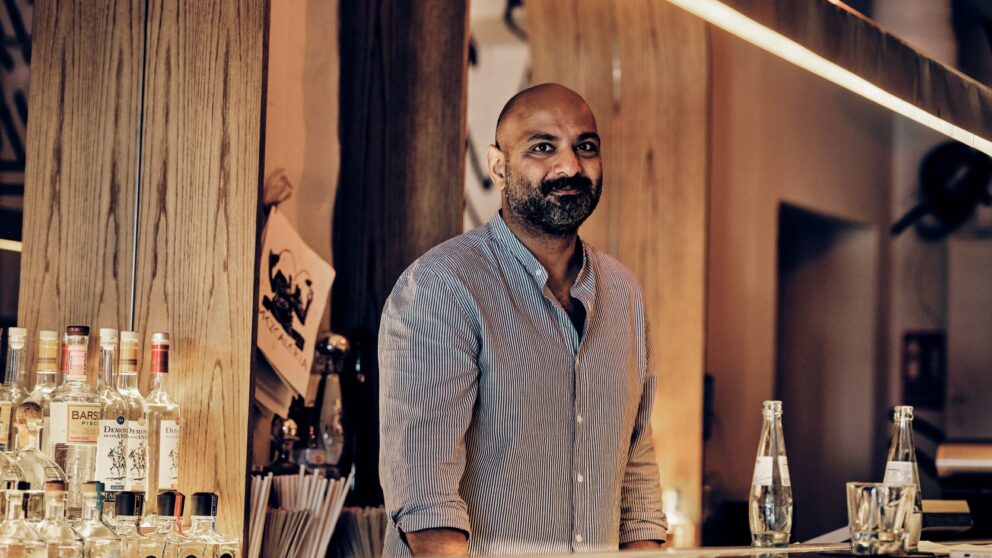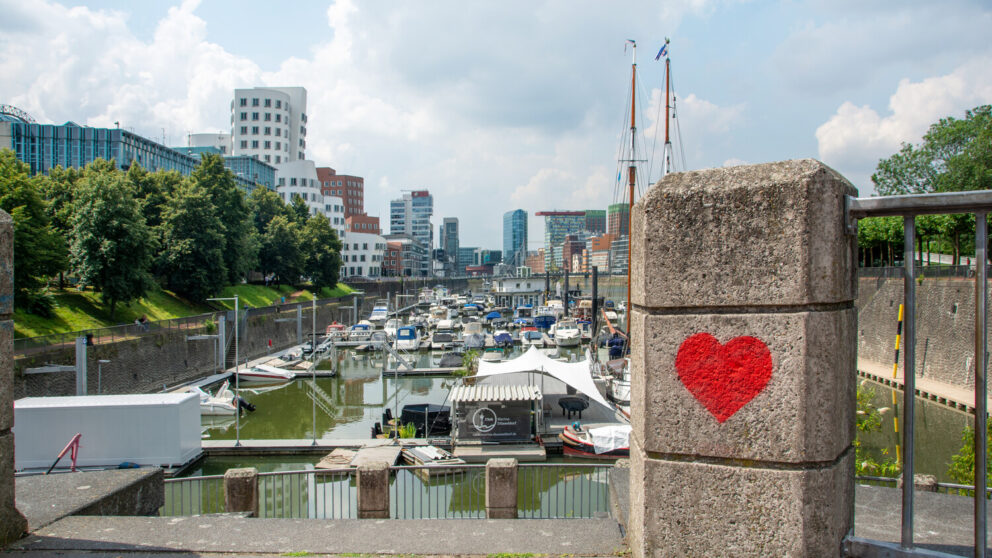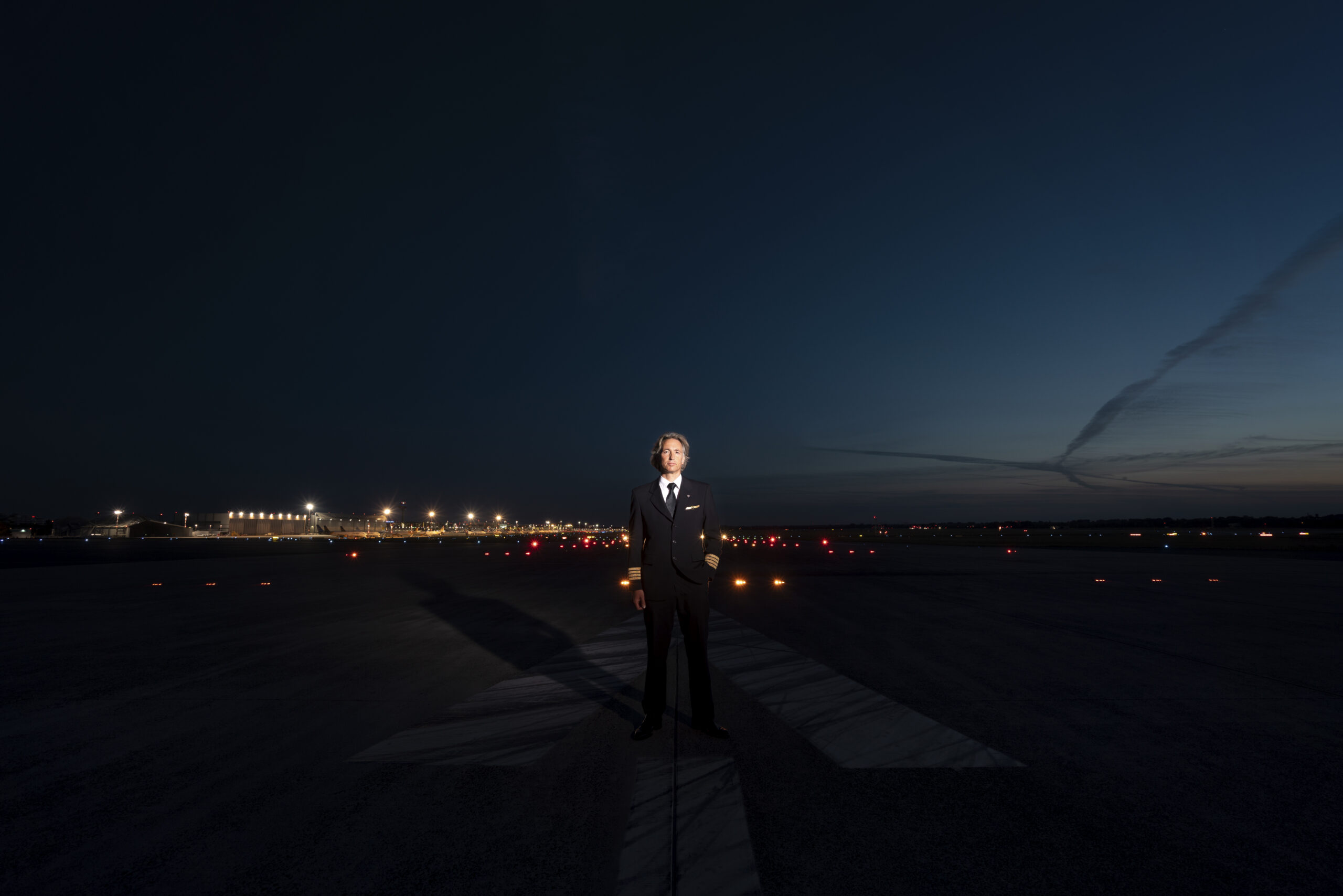
Magical moments in an empty city
Interview with the Düsseldorf photographer Thorsten Schmidtkord
Magical moments in an empty city
Interview with the Düsseldorf photographer Thorsten Schmidtkord
Thorsten Schmidtkord has used the special time to take photos of Düsseldorf that will someday be history in the making. The Düsseldorf photographer has staged those affected by the pandemic-related restrictions at their places of work and performance. In November, 18 motifs can be seen on the nearly 40-meter LED wall of Kö-Bogen II - as art in public space. In the spotlight: DJ Theo Fitsos on the empty fish market, director Dr. Felix Krämer in front of the closed Kunstpalast and the band Porno Al Forno alone on the Rheinkirmes meadow. The photo project "Lights out. Spot on." was created in cooperation with the city guide THE DORF.
Thorsten Schmidtkord, during the first lockdown you photographed the deserted old town and the airport. They seemed like completely different places. Now you show well-known Düsseldorfers in abandoned locations in your hometown. Why?
I have always been interested in places that are usually very busy, but for various reasons suddenly deserted. It started with a series of seaside resorts on Mallorca. There I photographed locations in winter that seemed not only empty, but as if they had fallen asleep. I photographed the same locations again in summer, with the typical tourists on the beaches. Another series shows the Düsseldorf funfair at six in the morning. The rides on the Rhine meadows seem like a movie set.
Where does the name of the project "Lights out. Spot on."?
It reminds me of the program "Disco" from the 1970s with Ilja Richter. Every show began with this sentence. I use this sentence as a stylistic device, but also as a core statement. The protagonist is in the center of the scenery, his place of action is illuminated only with a spot. Where normally crowds of people surround the characters, there is an unusual, eerie silence.
And then you just took off in the middle of the pandemic?
It was immediately clear to me that staying at home was not an option. I'm too much of a photographer for that. A chance to create images that have never existed before. Images of contemporary history.
How did you choose the protagonists?
The focus was on the person. I asked myself the question: Who makes sure that people come to Düsseldorf?
Did Düsseldorf look different to you because of the camera?
Seeing the locations empty was a new perception that I hadn't known before - so it was magical in parts.
What was the current mood of the Düsseldorfers you photographed?
I felt a great deal of gratitude that I had thought of them during the project. It hit many people very hard then, as it does now. No one really knew what would happen next. Among the artists in particular, there were many performances or exhibitions coming up.
What is your impression - who has been hit hardest by the crisis: sports, gastronomy or culture?
Sport has moved on in the meantime, but there, too, many solo self-employed people or companies are indirectly affected by the crisis. It's all connected somehow. Without spectators in the stadiums, no guests in the hotels, pubs or breweries. The artists, however, are hit particularly hard, with them there is no out-of-home sales or delivery service.
You also put a special focus on tourism. How do the flight captain and the hotel director deal with the situation?
Like all protagonists, they love their job and perform it with passion every day. Everything hangs together in one big gear. You can't have one without the other.
And how does the crisis itself affect you?
For me, it was also an opportunity. I took advantage of it despite a three-month loss of earnings. Among other things, I take photos for Fortuna Düsseldorf and was left high and dry for the time being. But even when things moved on, I was missing something. For me, football culture is not just about the game itself, but also about the surrounding events. I miss the away trips, the warm-up and the debriefing with a delicious Alt on the Ratinger. The carefree life that Düsseldorf offers.
At which Düsseldorf location would you have photographed yourself for your series?
I think it would have been Ratinger Straße.
What do you appreciate about Düsseldorf?
It is a big city with the advantages of a village. People know each other, they help each other. I noticed that with this project, too. The city is becoming more and more international with its events, except for football (laughs).
If you want to hang Oliver Fink, Thea Ungermann or Theo Fitsos over your couch, where can you buy the photos?
It would be nice to auction or sell one or the other motif for a good cause. There will only be a limited series of 10 per motif. A portion of the money will then be donated to the artists or another non-profit organization. Requests gladly via: [email protected]
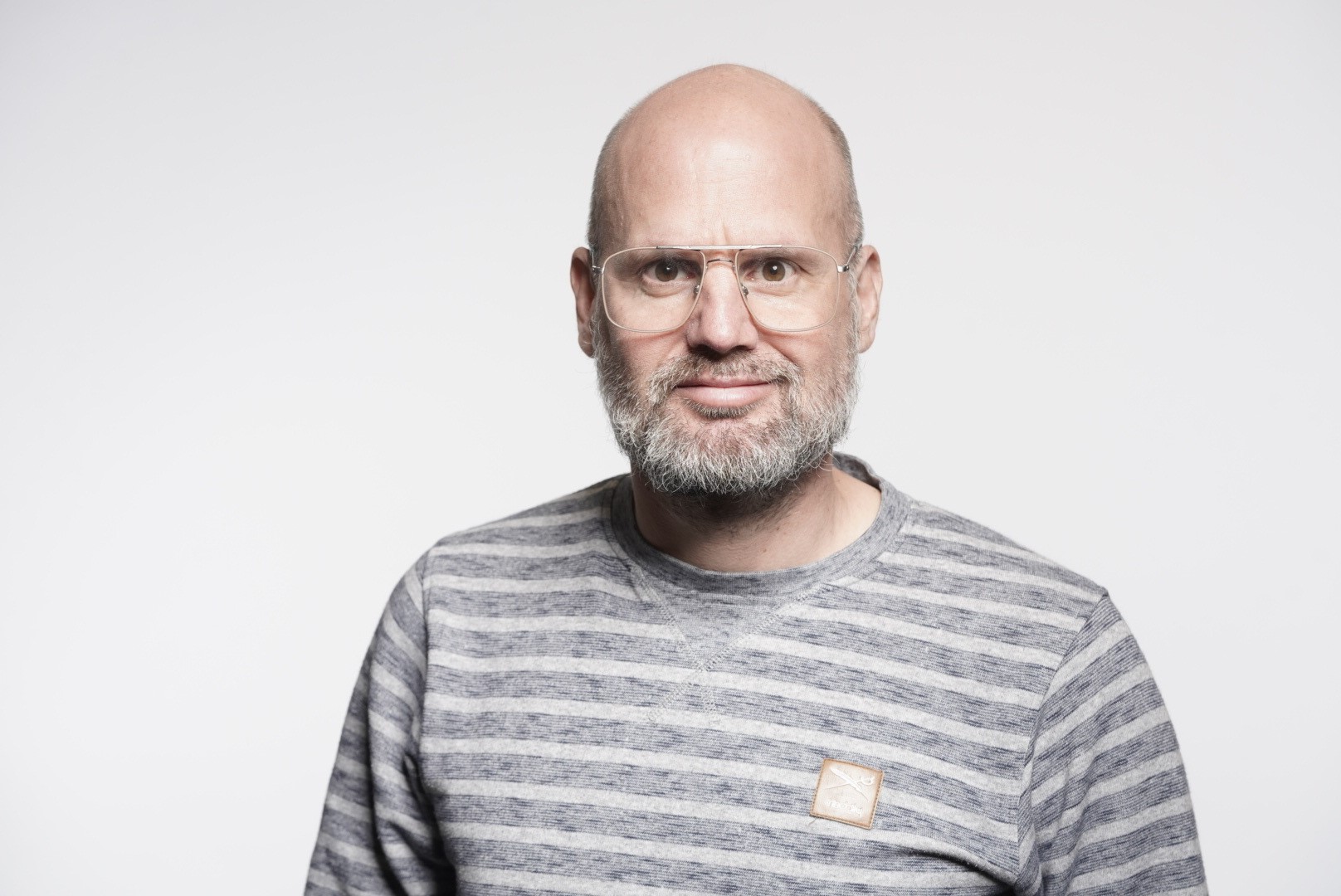
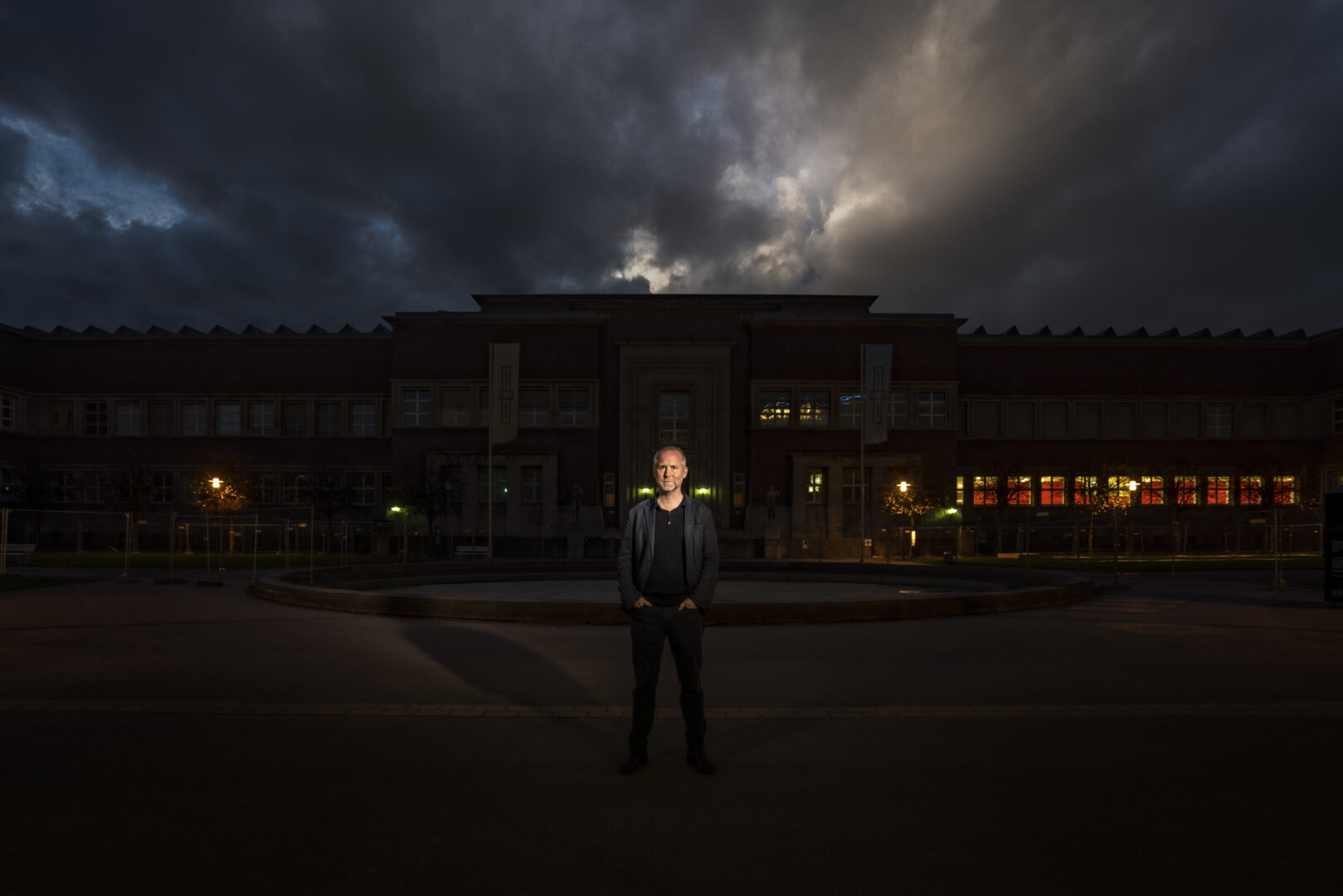
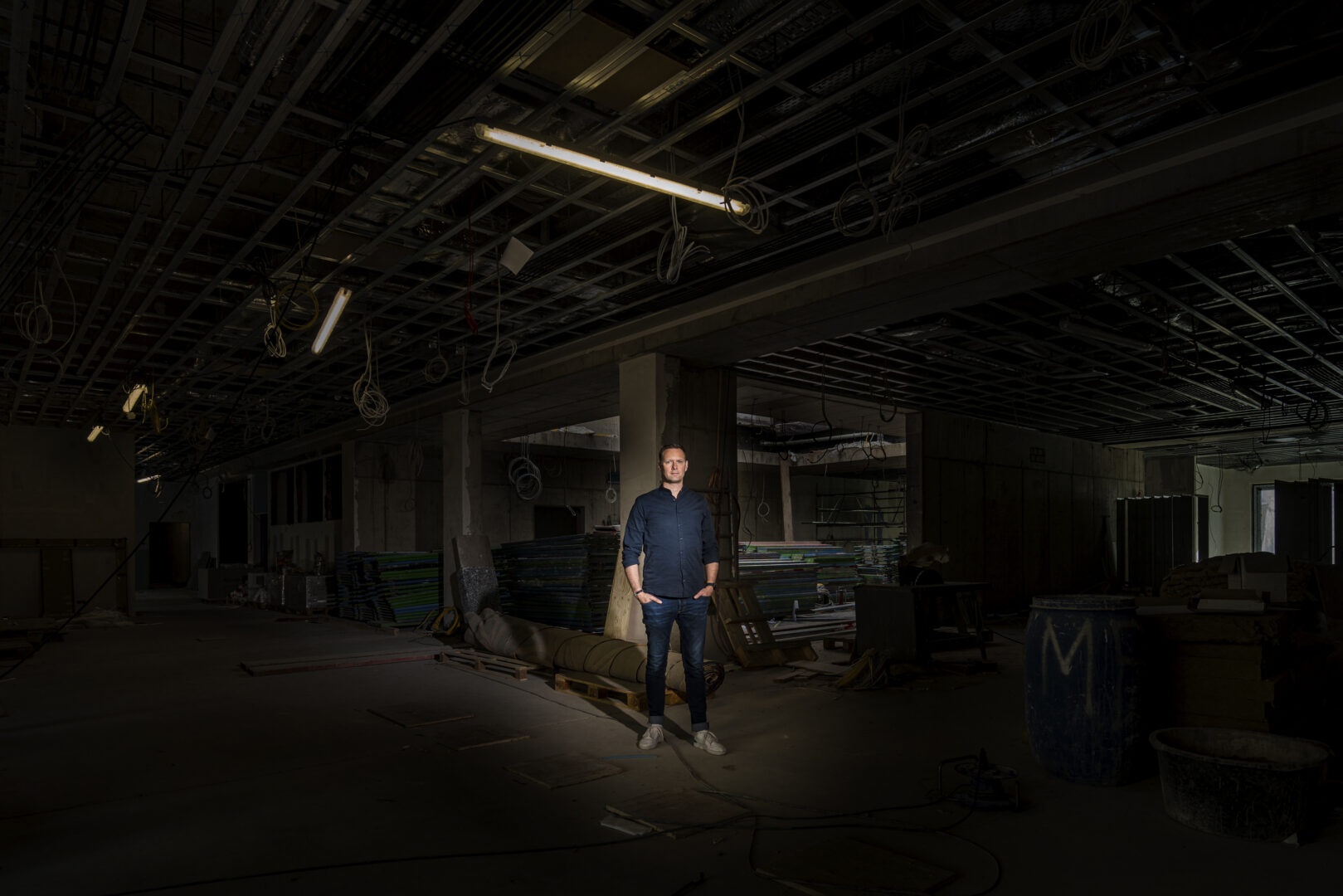
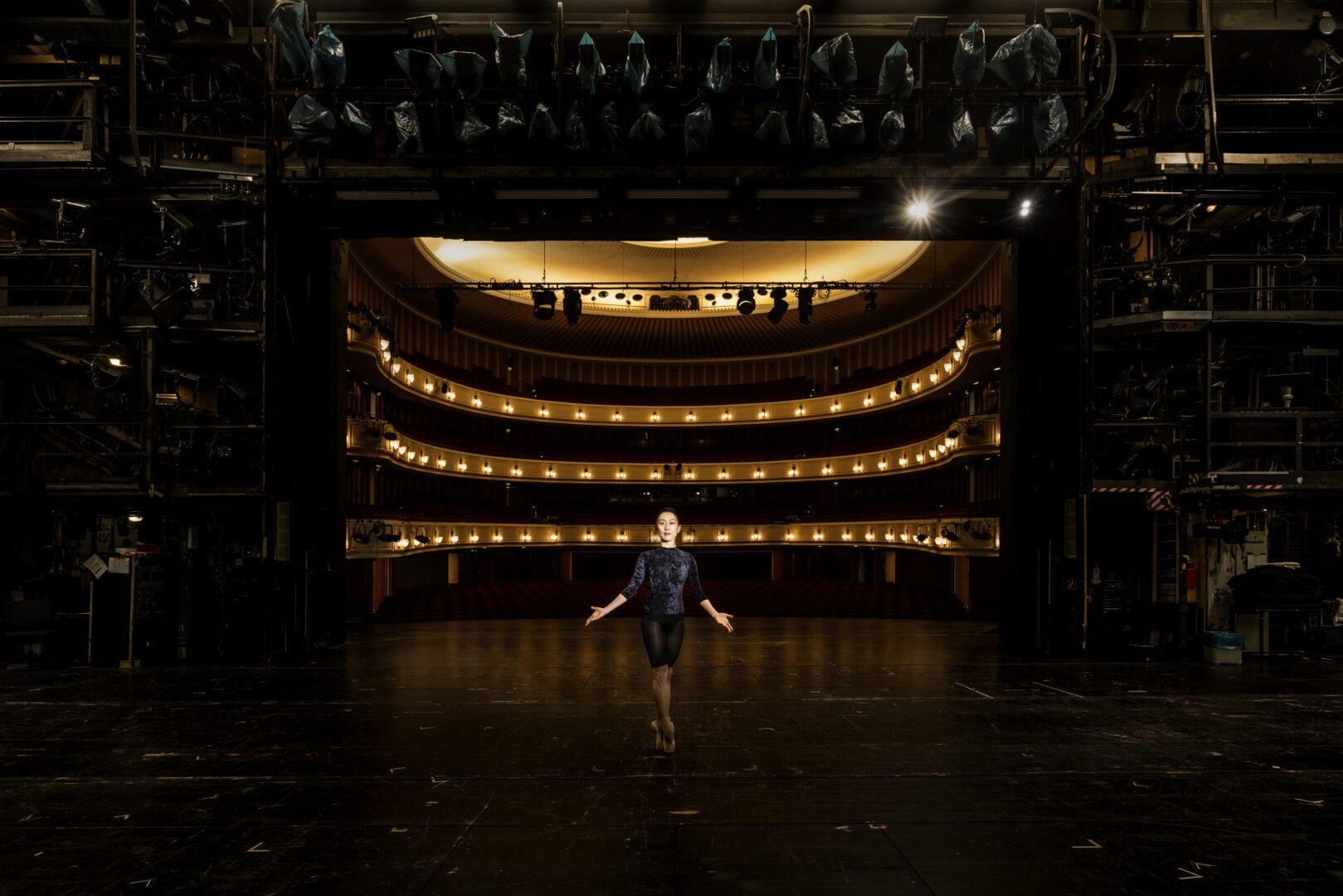
Click here for the complete picture gallery of Thorsten Schmidtkord.
Photos
Cover photo: © Thorsten Schmidtkord
Gallery: © Thorsten Schmidtkord

